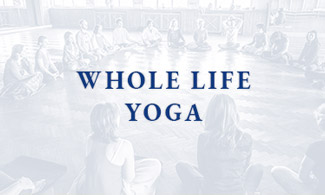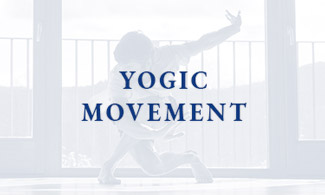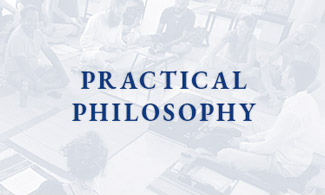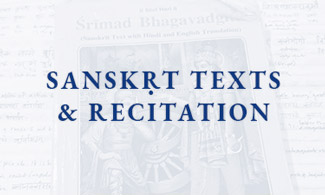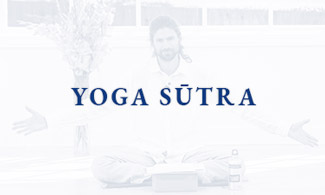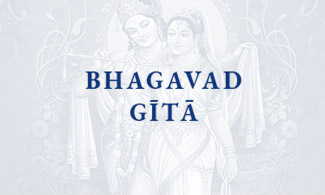
Yoga Immersion Q&A
Q. What brought you into yoga?
A. There are many ways that I could answer this and I could write or speak at length, but to get to the heart of it: pain and desire. I was in pain, I’m a wounded human. I love this world, I love life, I love the gift of being embodied, but sometimes this world is a difficult place to navigate, life is endlessly demanding, our very bodies require care and attention, and I thought yoga could help alleviate the pain. It has, it can, it continues to do do. I desired to be freer to be all of who I am, to express myself more wholly, to be more at one in myself, with myself. I felt yoga could help. And it has, and continues to do so, but the work goes on.
Q. What was your first impression of yoga and how has it evolved?
A. I first encountered yoga in some books when I was around eleven years old, and then was taught some first yoga postures and breathing practices by my basketball coach when I was a teenager. She also gave me a daily practice in terms of principle based training regimes. Several years later in my early twenties I started going to yogāsana classes. I had already had a few sports related injuries and significant imbalances in my body. Quite a few people had mentioned that I would get on well with yoga and when I started living in Thailand I went to some classes. I loved it right away and was able to build on the things I’d already been doing since I was a teenager to help foster balance and vitality.
I was also hugely impacted by yoga practice modalities that invited physical, energetic, mental, sensory and intellectual engagement all at once. These practices left me feeling so good and motivated me to explore the realm of yoga more and more. I was very fortunate to meet some extraordinary teachers at the beginning of my yogic journey and this set me on a track to go on to study Sanskṛt, to live several years based in India and to keep exploring.
As I have continued to practice and study, my hugely positive impression of yoga has only deepened. I find the texts and teachings of the yoga tradition so perennially helpful. One thing that is evident to me now is that in my early years of ‘yoga practice’, there was a lack of yoga, in the sense of a lack of balance. As I continue to practice and inquire I keep finding out more about where I have been blind, where I have been getting in my own way, and I also find practical supports to foster more balanced responses and more constructive ways forwards.
Q. How do you see yoga and its role in the modern world and in the daily lives of ordinary people in 21st century?
A. In a world in which forces that seem hellbent on amplifying division are more and more rampant, I think that the need for yoga has perhaps never been greater. One way we can see yoga is as a psychological system of self-healing. It’s about practically cultivating balance, integration and wholeness. In this world of so many influences that would scatter and fragment our awareness and our sense of self, the principles of yoga can really help us navigate life more steadily.
Daily life is full of demands. The basic yogic method is to start as we mean to go on, to invite the ‘medistate’, the state of being balanced, centred, integrated, as best we can at the beginning of each day so we can enter the arena of life better prepared. We can do this in just a few focused, prayerful minutes or even moments, giving ourselves a reference of balance that can then help us move more easefully through the day. It’s a bit like an orchestra tuning up before the performance. However skilful the players, if they don’t first tune their instruments, they won’t be able to co-create the beautiful movements or experience the same wondrous harmony. Life is constantly bombarding us with all sorts of vibrations and influences. Yoga principles, practices and techniques can help us tune in to our authentic centre and move in greater attunement, so making each day a bit more like a symphony rather than a cacophany. Of course, sometimes, we find ourselves in discord and noise, but even in the storms, yoga principles give us a map and compass to help us come back towards balance that bit more easily. We navigate challenges more skifully when we can maintain dynamic equilibrium. Yoga is all about deepening and fortifying our capacity for dynamic equilibrium. It had been around for thousands of years because it works. It still works and will continue to do so. It’s up to us to make use of the amazing resources of our human spiritual heritage.
Q. Could you say something about yoga philosophy? Sometimes I feel people are scared of this ‘philosophy’ word. And within some yoga circles there is a strong tendency to focus on practice, emphasised by popular sayings such as: ‘one gram of practice is much better than ten tons of theory.’
A. The word philosophy does have very different connotations for different people. Many of my Indian teachers have emphasised how this is not ‘armchair philosophising’, yoga is a practical school and it’s always about the whole of our lives. And of course, even though we might say ‘yoga is the practical school of Indian philosophy,’ this isn’t strictly accurate, because philosophy is a Greek concept. In the Indian tradition we have darśana-s – ways of seeing, or perspectives. Yoga is a way of looking at and interacting with reality. Yoga assumes a familiarity with a world view or cosmovision that it shares to greater and lesser degrees with several other Indian darśana-s. If we are not familiar with the ‘theoretical’ frames and foundations, we cannot practice anywhere near as efficiently or powerfully.
It is by no means an exact analog, but it’s a bit like learning a foreign language as an adult. Here I am aged 46 in Czech Republic and I’d like to learn Czech. The other day in a restaurant I looked at the English menu and Czech menu alongside one another and I tried to pronounce the words. I am familiar with some other languages, but they don’t have the same phonetics as Czech. If I try to read Czech without first learning the alphabet and some of the foundational rules of the language I could very easily say things that do not at all communicate what I want to. Similarly with practice. If we ignore the theory, it is pretty easy for the powerful effects of the practice to actually be counterproductive.
Yoga is transformative. It is about going into the previously unknown. As we keep practising, we will encounter difficulties. We will come to junctures where the techniques we have previously relied on no longer work as they once did. If we know nothing of theory we may at such times feel utterly lost and even abandon practice. If we are familiar with the theory however, we may recognise that our practice has actually been working and we are now in a period where we need to adjust, dive deeper and integrate the new insights and perspectives that our work so far has brought us to.
In the yoga tradition, practice and theory, or rather practical, experiential exploration and subsequent embodied understanding on the one hand, and the theoretical, ‘philosophical’ understanding on the other, are seen as two wings of the same bird. For sure, theory without practice is useless, lifeless, like a plastic flower, like a bird’s wing that has been snapped off from the bird’s body. But practice without study is like a bird with only one wing. Yes, it can move along and use its one wing to spiral its way along the ground, and as it does so it may feel it is making tremendous progress. After all, it is putting forth a mighty effort, but the progress is as nothing compared to the bird that can spread its two wings, fly high and soar on the breeze of clear understanding. The theoretical foundations, or the practical understanding of yogic principles can help make our practice that much more efficient, adaptable and resilient.
Q. You are about to lead a yoga immersion in Prague, can you tell us a bit about what participants can expect?
A. The phrasing of that question is interesting! Long ago, in the early years of my yoga teaching I remember chastising students for coming to a yoga class with expectations, because yoga was all about preparing ourselves to be able to meet the unexpected from a steady spacious centredness and so respond as skilfully as possible!
That said, the Prague immersion is fourteen hours, working face to face, in person with other human beings and exploring yoga principles and how they relate to our whole lives through all our intelligences.
The focus of this immersion is the timeless practical wisdom of the Yoga Sūtra and Bhagavad Gītā. We will focus on some key teachings from each text and explore them through different, mutually complementary lenses of inquiry. For example, we’ll work with embodied movement practices and explore how the principles that underlie yogāsana practice can inform all sorts of movement practice and more essentially how we move through life.
The Bhagavad Gītā is set on the battlefield and yoga is about healing and harmonising. Among the themes we’ll focus on will be how we relate to conflict or dissonance in ourselves and how we can transform the chaos of the psychic battlefield into a place of greater harmony. This will be with the support of some key, foundational teachings from the Yoga Sūtra. Participants can expect to leave with embodied understanding of how to apply time-tested yoga principles throughout the day and in diverse activities, and with a clearer understanding of some of the most foundational principles of yoga: how to orient and channel our energy in this world that can push and pull us in so many different directions.
Over the weekend, we will work with movement and stillness, sound and silence, relating to ourselves, to the elements, to others and as we do so gain a more rounded understanding of what yoga is, how much it can support us and why it can make significant positive differences in our lives today.
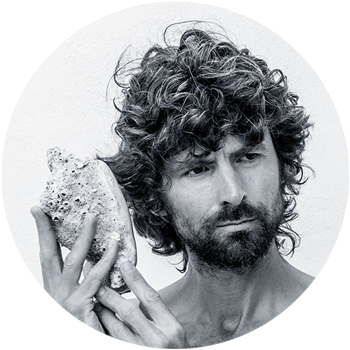
James Boag | Whole Life Yoga
The yoga of the whole human being. Practical philosophy, storytelling, movement, inquiry, looking in ways that reach beyond our habitual ways of looking.
Listen to James’ unique whole life yoga perspectives on the WHOLE LIFE YOGA podcast.

